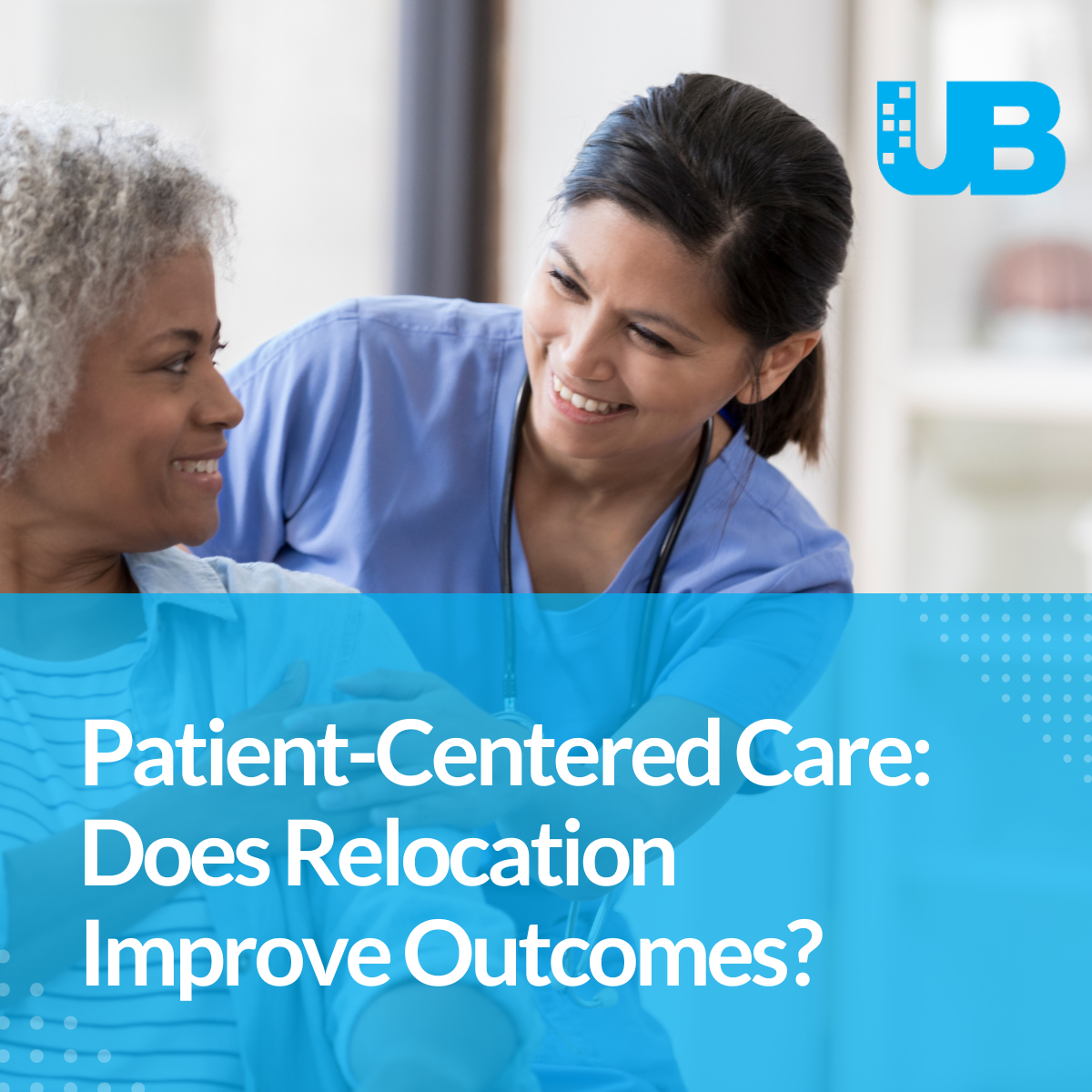
Explore the impact of patient-centered care on outcomes and how effective relocation strategies can significantly enhance healthcare delivery.
The Growing Need for Patient-Centered Care in Healthcare
Patient care is the cornerstone of every healthcare system. Yet, with ongoing staffing shortages and growing demand for specialized care, many healthcare providers face challenges in delivering the quality of care patients deserve. The need for patient-centered care has never been more critical. It focuses on providing care that is respectful of, and responsive to, the preferences, needs, and values of patients.
As the healthcare landscape evolves, the importance of patient-centered care becomes even more pronounced. The ability to meet patients’ demands while maintaining high standards of care is essential for healthcare organizations striving to achieve better patient outcomes. This approach not only improves patient satisfaction but also enhances overall healthcare efficiency.
Challenges Faced by Healthcare Workers in Relocation
Relocating healthcare workers involves a myriad of challenges, from complex logistics to regulatory compliance. Coordinating various logistical aspects such as housing, transportation, licensing, and school enrollment can be overwhelming and time-consuming. Traditional relocation methods are often inefficient, leading to increased stress for staff and higher costs for organizations.
Additionally, relocation expenses such as transportation, temporary housing, and travel can be substantial. Without proper management, these costs can escalate, impacting both the organization’s budget and the relocating staff. The stress and anxiety associated with relocation can also affect job performance, satisfaction, and retention of healthcare employees.
Role of Relocation Technology in Enhancing Patient-Centered Care
Relocation technology offers a comprehensive, automated solution for managing the relocation process, addressing many of the challenges faced by healthcare workers. A centralized platform allows healthcare organizations to manage all aspects of relocation in one place, reducing the risk of errors and ensuring all stakeholders are on the same page.
Automation streamlines the relocation process by reducing manual tasks such as paperwork and communication, ensuring each employee goes through a proven process for a successful relocation. This not only improves the relocation experience for healthcare workers, but also allows them to focus on providing high-quality patient care without the added stress of moving.
Benefits of Efficient Relocation for Healthcare Organizations
Efficient relocation processes offer numerous benefits to healthcare organizations. Improved employee satisfaction is one of the most significant advantages. A smooth, well-managed relocation process enhances employee satisfaction and reduces stress, leading to higher productivity and commitment to the organization.
Increased efficiency is another benefit. Automating the relocation process reduces the time and effort required to manage relocations, freeing up HR and administrative staff to focus on other critical tasks. Cost savings are also a significant advantage, as relocation technology helps healthcare organizations control expenses and identify cost-saving opportunities.









